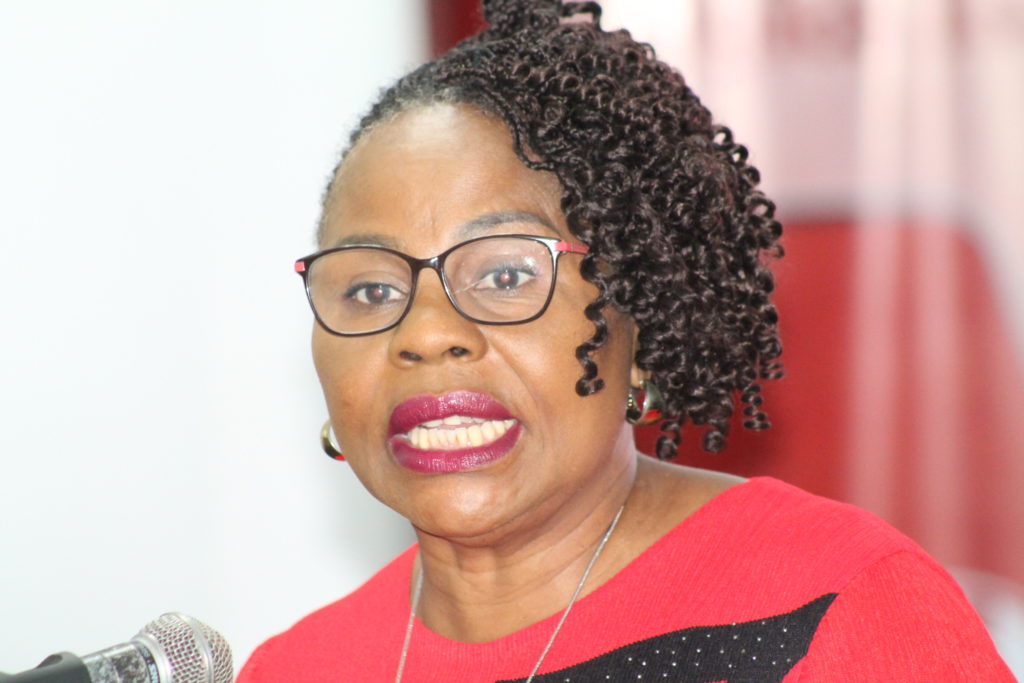Zimbabwe’s retailers accused of profiteering amid inflation crisis

PLEADING: Monica Mutsvangwa pleading with ED to release her son
Zimbabwe’s government has blamed retailers for worsening the country’s inflation crisis by charging exorbitant prices and creating artificial shortages of basic goods.
Information and Broadcasting minister Monica Mutsvangwa said at a post-Cabinet press briefing that retailers were engaging in speculative pricing and hoarding goods to exploit consumers.
She said a survey conducted by the government showed that most basic commodities were available in both formal and informal markets, but the prices in the formal sector were much higher than in the informal sector.
“From the survey taken, most basic commodities are generally available both in formal and informal retail shops although there are artificial shortages which have been observed for some locally-produced goods, especially in formal retail shops,” said Mutsvangwa.
She also said some retailers were refusing to accept payments in local currency or mix it with US dollars, forcing consumers to buy goods they did not need.
Mutsvangwa said the government was taking measures to protect consumers from unscrupulous retailers, such as suspending import duty on basic goods for six months and enforcing quality and trade standards.
She warned retailers who were violating the law that they would face fines or prosecution.
Zimbabwe is facing a severe inflation crisis, with the annual rate reaching 7.9 per cent in April, according to official statistics.
The crisis has been fuelled by the COVID-19 pandemic, supply chain disruptions, currency instability, natural disasters and geopolitical tensions.
The government has also been accused of corruption and mismanagement of the economy, with a recent documentary by Al Jazeera exposing the involvement of some of its allies and relatives in gold smuggling and money laundering. New Zimbabwe




